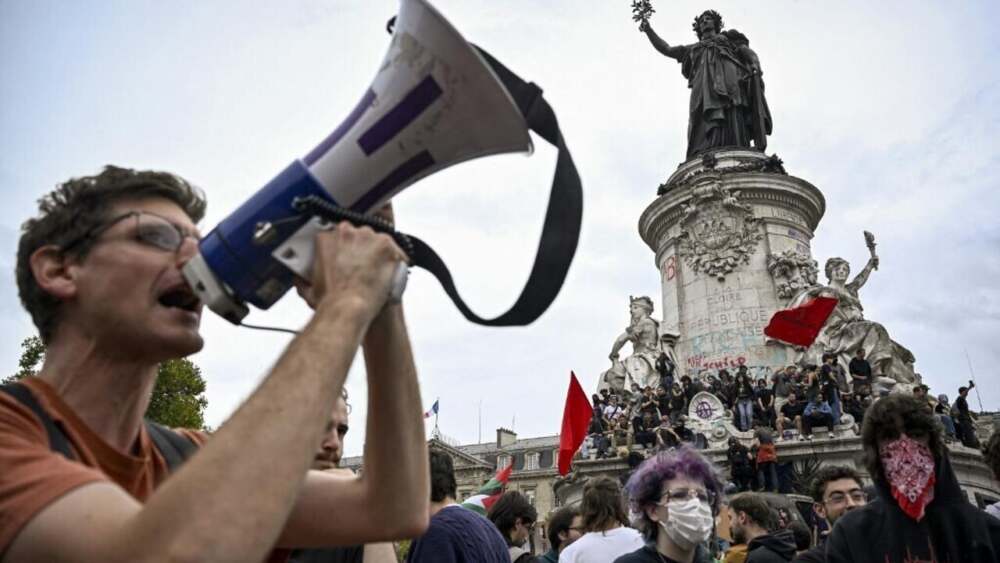France is experiencing widespread industrial action as unions mobilize against proposed austerity measures, intensifying pressure on President Emmanuel Macron and his newly appointed Prime Minister, Sébastien Lecornu. The strikes, which began on September 18, 2025, encompass various sectors, including education, healthcare, transportation, and energy.
Unions Demand Reversal of Austerity Plans
Central to the unions’ demands is the reversal of a €44 billion austerity plan introduced by former Prime Minister François Bayrou, which was a significant factor in his ousting. The unions are calling for increased public spending, higher taxes on the wealthy, and the scrapping of a controversial pension reform that requires people to work longer to receive benefits. They argue that the proposed cuts disproportionately affect public services and the working class.
Widespread Disruptions Across the Country
The strikes have led to significant disruptions nationwide. In Paris, many metro lines were suspended for most of the day, except during rush hours. Schools were also affected, with students blocking entrances to some institutions. In the energy sector, workers at Electricité de France (EDF) joined the strike, leading to a reduction in electricity production. Additionally, pharmacists participated in the protests, with a survey indicating that 98% of pharmacies in some areas closed for the day.
Government Response and Security Measures
The French government has deployed approximately 80,000 police officers and gendarmes to maintain order and prevent potential violence. Riot units, drones, and armored vehicles have been stationed in anticipation of possible blockades and confrontations with protesters. Interior Minister Bruno Retailleau emphasized that while the government understands the public’s anger, it will not tolerate any illegal activities or disruptions.
Political Implications and Future Outlook
Prime Minister Lecornu faces a challenging task in navigating the political landscape. The country is grappling with a budget deficit nearly double the European Union’s 3% ceiling, and Fitch recently downgraded France’s credit rating from AA- to A+, citing political instability and rising national debt. Lecornu, who replaced Bayrou after the latter’s controversial budget proposal, is engaging in cross-party negotiations to build support for the 2026 budget plans. However, the Socialist Party is pressing for major fiscal concessions, including reversing pension reforms and reinstating a wealth tax. The fragmented parliament and growing public dissatisfaction make it uncertain whether Lecornu can pass the budget without significant compromises.
Public Sentiment and Broader Movements
The strikes and protests reflect a broader discontent with the government’s economic policies. A movement known as “Block Everything” has gained traction, with participants from various political backgrounds expressing frustration over perceived inequality and austerity measures. While the movement lacks centralized leadership, its widespread support indicates a deep-seated desire for systemic change.
As the situation develops, the French government faces mounting pressure to address public concerns and find a balanced approach to fiscal responsibility and social equity. The outcome of these protests could have significant implications for France’s political and economic future.
















Leave a Reply